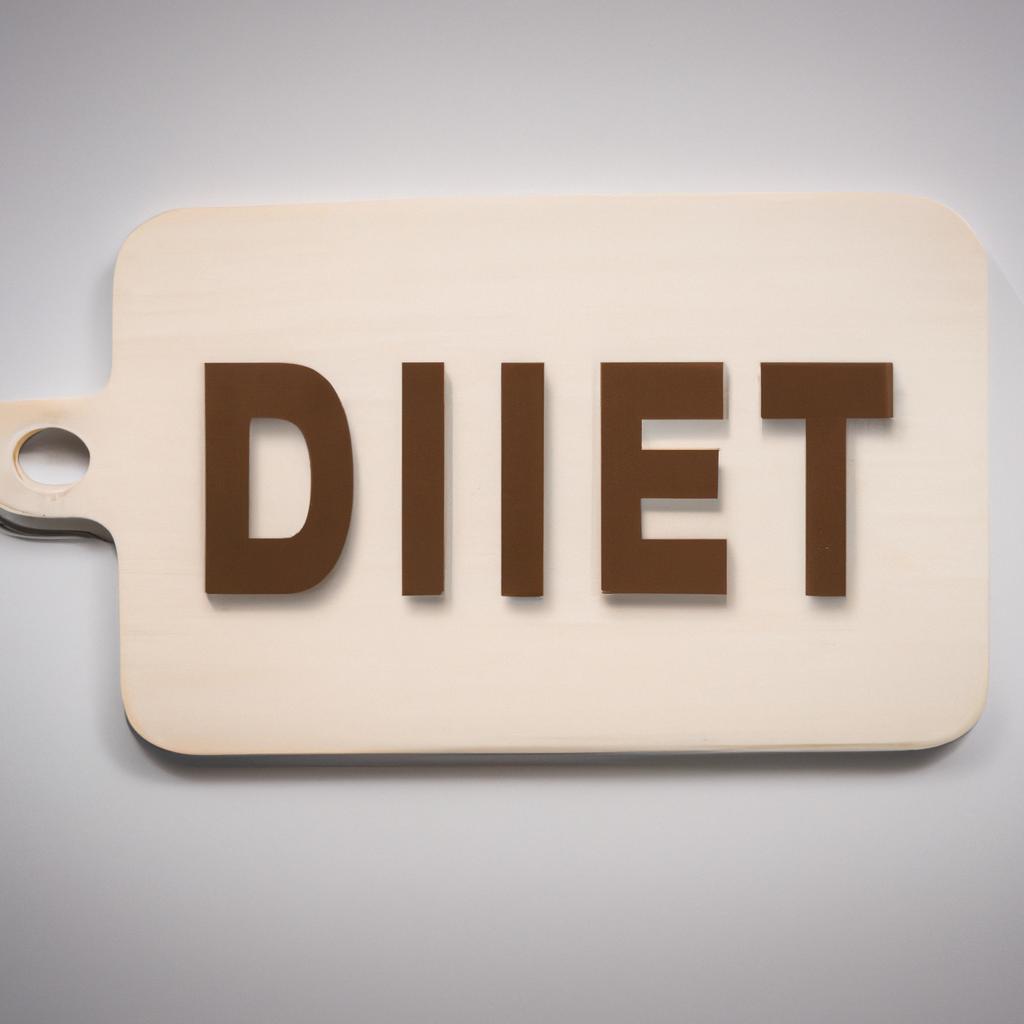Diet and Collagen Synthesis: Foods That Boost Your Body’s Natural Collagen Production
Diet and Collagen Synthesis: Foods That Boost Your Body’s Natural Collagen Production
Collagen is the most abundant protein in our bodies. It provides structure to skin, bones, muscles, and connective tissues. As we age, our bodies produce less collagen. This decrease leads to wrinkles, joint pain, and other aging signs. Fortunately, your diet significantly impacts collagen synthesis. You can enhance collagen production by incorporating specific foods.
Nutrition Tips for Collagen Boosting
To support collagen synthesis, focus on foods rich in key nutrients. Prioritize vitamin C, amino acids, and antioxidants. Consider these dietary components:
1. Vitamin C-Rich Foods
Vitamin C is essential for collagen production. It aids in forming collagen fibers. You can find vitamin C in:
– Citrus fruits like oranges and lemons
– Berries like strawberries and blueberries
– Vegetables such as bell peppers and broccoli
Adding these foods to your diet enhances collagen synthesis. For example, mix berries into oatmeal or create a citrus salad.
2. Protein Sources
Collagen consists of amino acids like glycine, proline, and hydroxyproline. Therefore, consume protein-rich foods. Include these options in your meals:
– Lean meats like chicken and turkey
– Fish, especially salmon and tuna
– Eggs, which offer rich amino acids
Prioritizing these protein sources supports collagen production. Make a protein-packed omelet for breakfast or grill fish for dinner.
3. Bone Broth
Bone broth serves as a powerhouse for collagen. It contains collagen, gelatin, and amino acids. Homemade bone broth offers the best benefits, but store-bought options exist. Drinking bone broth regularly improves skin elasticity and joint health. Add it to soups or sip it on its own.
Exercise Advice for Collagen Support
Exercise also supports collagen synthesis. Regular physical activity increases blood flow, delivering nutrients to skin and connective tissues. Consider these exercise tips:
1. Strength Training
Strength training promotes muscle growth and enhances collagen production. Lifting weights or using resistance bands builds muscle mass. This process stimulates collagen synthesis in skin and joints. Aim for two to three sessions per week.
2. Low-Impact Cardio
Low-impact cardio exercises like walking, swimming, or cycling improve circulation. Better blood flow delivers essential nutrients to collagen-rich areas. Incorporate at least 150 minutes of moderate aerobic exercise weekly, such as brisk walking or gentle cycling.
3. Stretching and Yoga
Stretching and yoga improve flexibility and reduce muscle tension. These practices also promote blood circulation, leading to increased collagen production. Dedicate time each week to yoga or stretching routines.
Health Benefits of Boosting Collagen Production
Boosting natural collagen production offers numerous health benefits. These advantages extend beyond skin appearance. Here are a few key benefits:
1. Improved Skin Health
Increased collagen levels improve skin elasticity and hydration. This reduces the appearance of fine lines and wrinkles. Well-hydrated skin appears youthful and vibrant. Your skin will feel firmer and more resilient.
2. Joint Health
Collagen maintains joint integrity. It supports cartilage, the tissue that cushions joints. Higher collagen levels can reduce joint pain and stiffness, benefiting those with arthritis or other joint conditions.
3. Enhanced Muscle Mass
Collagen supports muscle repair and growth. Thus, a diet promoting collagen synthesis aids muscle recovery. This benefit is crucial for anyone engaged in regular exercise or strength training.
Conclusion
Diet significantly impacts collagen synthesis. Incorporate vitamin C-rich foods, protein sources, and bone broth into your meals. Regular exercise, including strength training and low-impact cardio, also supports collagen production. Increased collagen offers improved skin health, joint function, and muscle mass. By adopting these dietary and lifestyle changes, you can maintain natural collagen levels. Enjoy a healthier, more youthful appearance. Start today and watch your body thrive!
Below are related products to the topic if you’re interested:
FAQ
What foods can I eat to boost collagen production?
To boost collagen production, focus on incorporating vitamin C-rich foods such as citrus fruits, berries, and vegetables like bell peppers. Additionally, consume protein sources including lean meats, fish, and eggs, and consider adding bone broth to your diet for its collagen content.
How does exercise support collagen synthesis?
Regular exercise enhances collagen synthesis by improving blood flow, which delivers essential nutrients to skin and connective tissues. Strength training, low-impact cardio, and practices like yoga and stretching are effective ways to support collagen production through increased circulation.
What are the health benefits of increasing collagen levels?
Boosting collagen levels can lead to improved skin health, enhanced joint function, and better muscle mass. Higher collagen levels improve skin elasticity and hydration, reduce joint pain and stiffness, and support muscle repair and growth, benefiting overall health and vitality.















Post Comment